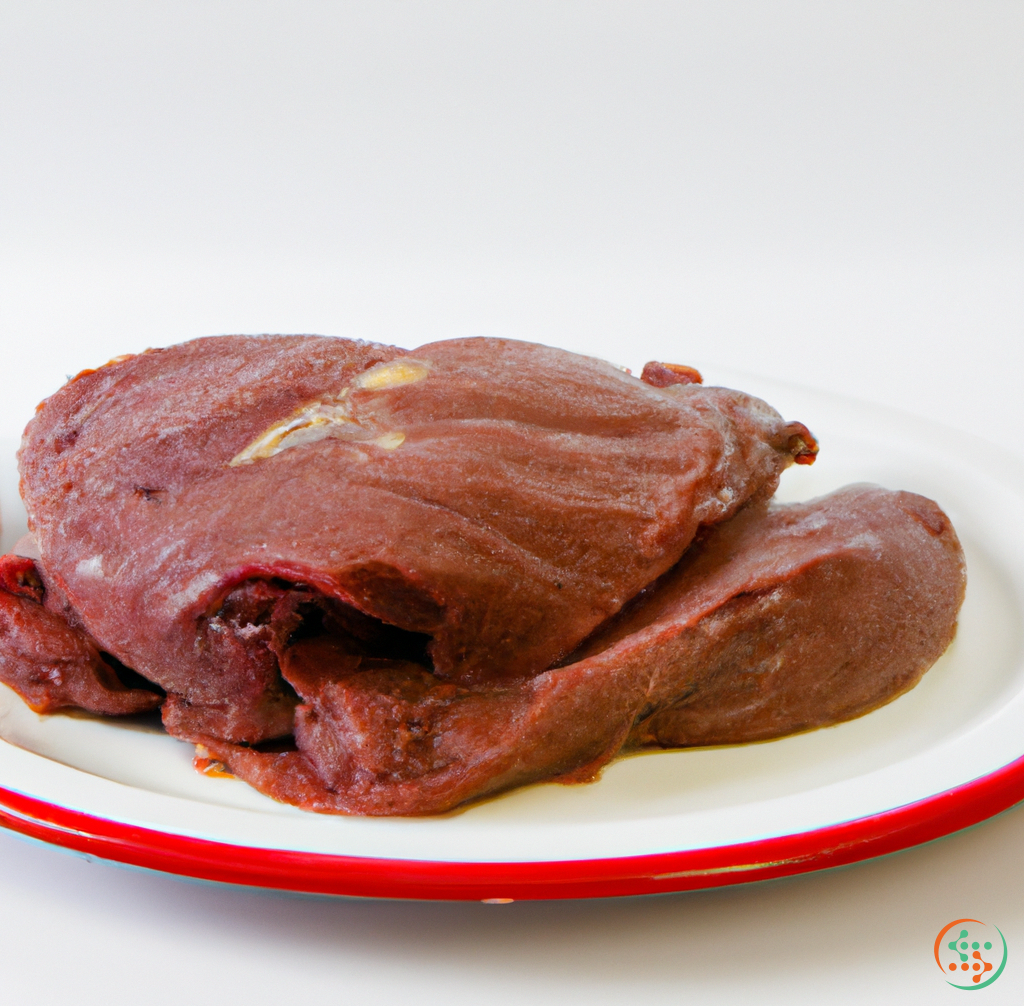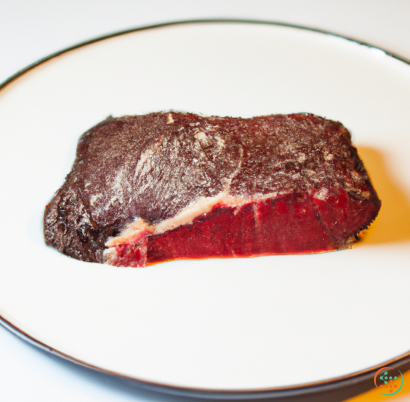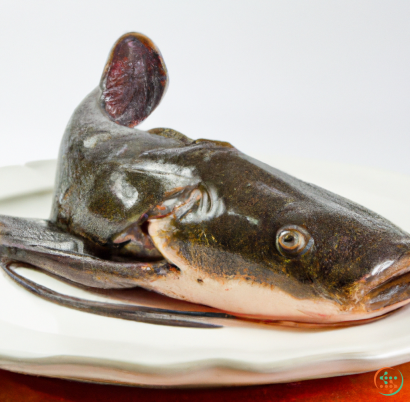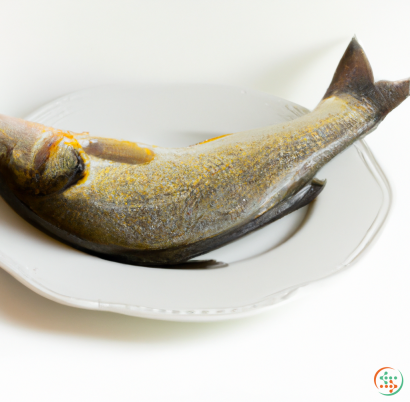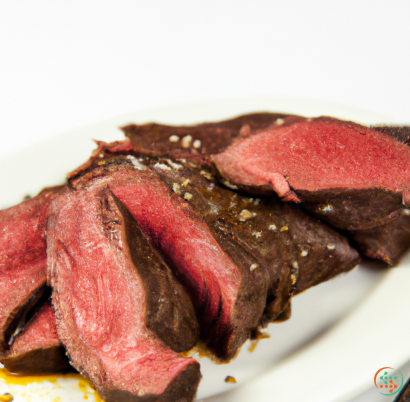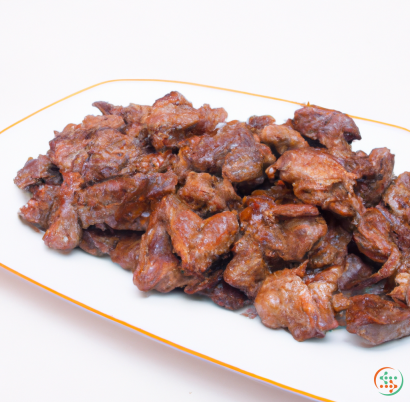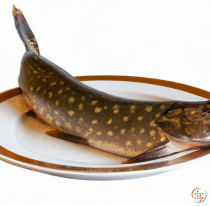Horse Meat
Horse meat is a type of red meat which is traditionally consumed in Europe and Asia. It is known by many different names depending on region and culture, including caballo, cheval and kisap. Horse meat has been a part of human diets for thousands of years and has a unique taste and texture that makes it a sought-after ingredient in many different cuisines.
Though still relatively uncommon in the United States due to a variety of cultural, ethical, and economic factors, horse meat has been gaining in popularity in recent years due to increased awareness of its health benefits. For starters, it is much lower in fat and calories than beef, an important factor for those who are counting their macros or who are looking to manage their weight. Additionally, horse meat is particularly high in iron and other essential minerals, and can help to maintain a healthy immune system, provide energy and boost brain power. Along with these health benefits, it also has a unique flavor that many describe as sweet and tender, which makes it a great choice for dishes that require slow-cooking.
As for how it is produced and consumed, horse meat is generally obtainable through underground channels though some parts such as the upper neck and shoulder are not traditionally used and may require special orders. After being obtained, the meat can be prepared in a variety of ways such as roasting, smoking, and curing. Horse meat is often served in a variety of dishes such as stir fry, stews, and savory pies and tarts. It is also a popular ingredient in sausages, burgers, and other processed foods.
Because horses are considered to be sentient creatures, there are some ethical considerations that must be taken into account when deciding whether or not to consume horse meat. For example, in some countries there are regulations in place to ensure that horses are humanely harvested or that they have been humanely raised. Additionally, many countries have laws prohibiting the consumption of horse meat derived from horses that have been used in sporting or racing activities.
Finally, there is a financial factor to consider when consuming horse meat as it tends to be more expensive than other types of meat. It is estimated that in the United States, the price per pound of horse meat is approximately $10-20 more than the average price for beef. As a result, the majority of those who choose to consume horse meat tend to do so sparingly.
Overall, horse meat is a type of red meat that can provide a number of health benefits and can be prepared in a variety of ways. Although it is more expensive than other types of meat and requires special considerations with respect to ethics and cultural values, it remains a popular ingredient in many cuisines around the world.
Horse meat, once considered a taboo food source in many Western countries has undergone a transformation in recent years and is now more widely accepted by many. This article will explore the methods used for the production and distribution of horse meat, from the stockyard into our dinner plates.
Horse Slaughter
Horse slaughter is the process that is used to produce horse meat for human consumption. Although it is illegal in the United States and some other countries, it is still widely practiced in much of the world. The horse is driven into a chute with the intention of rendering it unconscious quickly. Once unconscious the horse is hoisted up and its throat is cut. The heart continues to beat for a while and this pumps the blood out of the system, rendering the muscle usable as meat. The organs are also removed, with much of the offal being used for pet food or fertilizer.
Depending on the region, regulations may vary. Generally speaking, it is required that either a veterinarian or government inspector to be present during the slaughtering process to ensure humane treatment of the animal. It is also mandatory that the horse be rendered unconscious prior to slaughtering; in the USA, this must occur within minutes after the horse enters the facility. It is also important that the horse meat be processed using sanitary methods.
Transport and Storage
Once the horse has been slaughtered and the meat prepared, it must be transported to the processing center and stored properly. Typically, horse meat is transported in temperature-controlled containers to prevent spoilage and deterioration of the product.
In order to store the horse meat properly, it is important that the meat does not come into contact with oxygen during the transport and storage process. This can be accomplished via vacuum-sealing and using a nitrogen flush to create a protective atmosphere. The horse meat is then stored in a refrigerated environment at temperatures of -2°C to 2°C. The meat must be inspected periodically to check for contamination and to ensure that the original product quality is maintained.
Processing
The next step in the process is to process the horse meat into edible products. Horse meat is processed in much the same way as any other type of red meat; it is ground, cubed, sliced, diced and formed into sausages or burgers.
In the U.S., the processing of horse meat must be done in accordance with the Federal Food, Drug, and Cosmetic Act and the USDA’s Horseshed and Horse Meat Regulations. In order to comply with these regulations, the horse meat must be inspected throughout the entire production cycle. The production facility must also adhere to Good Manufacturing Practices (GMPs). These GMPs help ensure that only safe, legal and wholesome products are produced.
Distribution
Once the horse meat has been processed, it is then ready for distribution. Horse meat can be exported to other countries through several legal channels. It can also be sold domestically to local grocery stores and restaurants.
In some countries, horse meat may need to comply with certain standards and regulations before it can be legally imported or consumed. For example, in the U.K., the Department for Environment, Food and Rural Affairs (DEFRA) defines horse meat as any meat obtained from a horse that has been slaughtered under certain conditions and meets certain biological, chemical and physical criteria.
Horse meat can also be sold online through a number of vendors, and some companies have started creating boxed meal delivery services that feature horse meat.
Consumption
Horse meat can be consumed in a variety of ways. It can be cooked or smoked, and or used in a variety of dishes such as stir fries, tacos and burgers. It can also be used as a protein substitute in vegeterian recipes. Horse meat is lower in fat and calories than beef, making it an ideal meat for people who are looking to cut back on red meat consumption for health reasons.
Conclusion
Horse meat has long been a part of the culinary traditions of many cultures, and is becoming increasingly popular in the West as consumers become more aware of its nutritional value and unique flavor. By understanding the production and distribution process of horse meat—from slaughtering the animal to getting it to the dinner plate—consumers can make informed decisions about the food they are consuming.
| Vitamin C | 0.002 grams | |
| Vitamin B1 | 0.1 mg | |
| Vitamin B2 | 0.12 mg | |
| Vitamin B3 | 0.00484 grams | |
| Vitamin B6 | 0.33 mg | |
| Vitamin B12 | 0.00316 mg |
| Calcium | 0.008 grams |
Daily Value 1.3 g
|
| Iron | 0.00503 grams |
Daily Value 0.018 g
|
| Magnesium | 0.025 grams |
Daily Value 0.4 g
|
| Phosphorus | 0.247 grams |
Daily Value 1.25 g
|
| Potassium | 0.379 grams |
Daily Value 4.7 g
|
| Sodium | 0.055 grams |
Daily Value 2.3 g
|
| Zinc | 0.00382 grams |
Daily Value 0.011 g
|
| Copper | 0.17 mg |
Daily Value 0.9 mg
|
| Manganese | 0.02 mg |
Daily Value 0.0023 g
|
| Selenium | 0.0135 mg |
Daily Value 0.055 mg
|
| Tryptophan | 0.349 grams | |
| Threonine | 1.262 grams | |
| Isoleucine | 1.334 grams | |
| Leucine | 2.232 grams | |
| Lysine | 2.398 grams | |
| Methionine | 0.623 grams | |
| Cystine | 0.393 grams | |
| Phenylalanine | 1.157 grams | |
| Tyrosine | 0.882 grams | |
| Valine | 1.458 grams | |
| Arginine | 1.843 grams | |
| Histidine | 1.081 grams | |
| Alanine | 1.616 grams | |
| Aspartic Acid | 2.768 grams | |
| Glutamic Acid | 4.101 grams | |
| Glycine | 1.359 grams | |
| Proline | 1.307 grams | |
| Serine | 1.074 grams |
| Total Sugars | 0.131141 grams |
per 100g
|
| Lauric acid (12:0) | 0.01 grams |
|
| Myristic acid (14:0) | 0.22 grams |
|
| Palmitic acid (16:0) | 1.41 grams |
|
| Stearic acid (18:0) | 0.2 grams |
|
| Total Saturated fatty acids: | 1.84 g | |
| Oleic acid (18:1) | 1.71 grams |
|
| Palmitoleic acid (16:1) | 0.41 grams |
|
| Total Monounsaturated fatty acids: | 2.12 g | |
| Linolenic acid (18:3) | 0.47 grams |
|
| Linoleic acid (18:2) | 0.38 grams |
|
| Total Polyunsaturated fatty acids: | 0.85 g | |
| Cholesterol | 0.07 grams |
|
| Total Sterols: | 0.07 g | |
